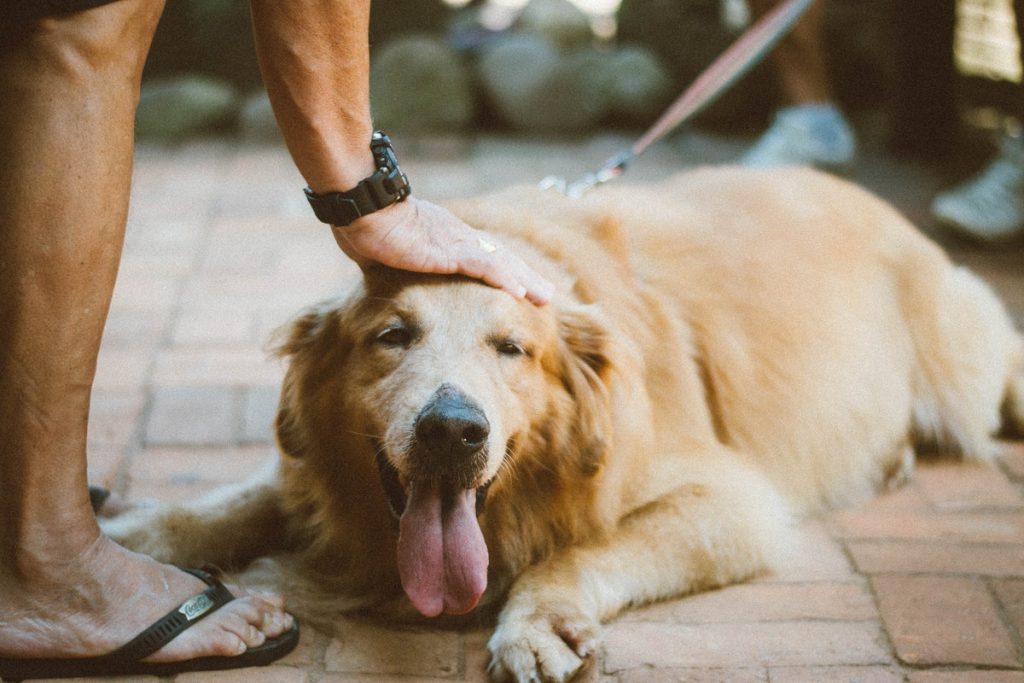Adopt, don’t shop — this is the call of most adoption places and animal shelters for people who are looking for new pets. Instead of buying new breeds from pet stores, we are encouraged to adopt animals looking for their forever homes, which is always a worthy cause.
Shelters house stray cats and dogs in need of love. If you are looking for a new best friend, it’s better to adopt these unwanted furbabies since they can change your life.
If you’re considering adopting a dog from a shelter, you’re probably searching the Internet for ‘how to adopt a dog.’ Or you could be wondering why you should adopt dogs from shelters instead of shopping for a new best friend.
Here’s everything you need to know.
Why You Should Adopt Dogs Instead
Dogs come to animal shelters for a variety of reasons. They may have been strays, feral dogs or were returned by their previous owners. Each dog has its own story. By adopting them, you’re giving them a new chance at life. Also, some shelters euthanize dogs that aren’t adopted so you’re not just giving them a home, you’re saving their lives.
You are also helping to relieve pet overpopulation. It’s always unfortunate when dogs end up in the hands of the wrong people who breed them irresponsibly. That’s why there are plenty of dogs in shelters; puppies who have outgrown their cuteness or haven’t had enough time end up in rescues and shelters.
If you adopt a dog from a shelter, you won’t be doing it alone. Many shelters and rescues offer ongoing support via advice, obedience classes and hands-on help if you need assistance with your new best friend.
How to Adopt a Dog from the Shelter

If you’re decided with pushing through a shelter adoption, congratulations! You’re giving a dog a new chance at life. But before you rush to the nearest shelter and declare your intent, it pays to be familiar with the process first.
Ask for a Health and Behavior Assessment
Most animal shelters offer behavioral and health assessments for their pets. The reputable ones take the time to analyze the health, personality and energy levels of the dogs they’re putting up for adoption. However, this information isn’t always handed out freely. You can ask the shelter for it if you want to know more about a potential pup.
Test How Well-Trained the Dog Is
Before you say yes to a shelter dog, do a couple of tests to assess their level of training and intelligence. For example, call them by name. Will they respond? Walk them on a leash to see if they can walk with you or not. Ask the shelter if their dogs are familiar with basic commands like “stay” or “sit.”
This initial assessment will help you determine the amount of training they’ll need.
Determine their Energy Levels
How energetic is your future dog? Consider the amount of time and energy you’ll have to devote to match your new best friend’s energy levels. If your household’s energy levels don’t match that of your dogs, the adoption might not work out.
If you live in a home with plenty of space and a big family, an energetic puppy might fit well. However, if you live in a small room without much space for a zooming pup, your new friend might end up unhappy.
Learn More About Your New Friend’s History First
Many adopters make the mistake of adopting dogs without learning about their history. As a result, they’re surprised when the dog comes with unexpected behaviors or health issues. According to The Humane Society of the United States’ FAQs, it’s important to ask the following questions: How long has the dog been in the shelter? Was the dog surrendered by their previous owner? If so, why?
Asking the right questions helps you learn more about the background of the dog so you can cater to their needs better.
See How Your Dog Socializes with Humans and Other Dogs
A socialized dog is friendly to most animals and people. They are also often comfortable in unfamiliar situations. On the other hand, dogs that struggle with socialization might come off as aggressive or anxious.
When you’re at the shelter, take note of a dog’s reaction to you. Are they friendly, aggressive or cautious? Take note of their first reaction so you’ll have a good idea of how your new dog will react to strangers at home or on the street.
It’s also a good idea to see how they interact with other dogs. Ask the shelter staff if the dog gets to play with the others, which encourages them to socialize.
Adopting a shelter dog is a great idea for pet owners who wish to make a difference. But before you become a dog’s forever home, prepare yourself so you can make the transition easier for you and them.

